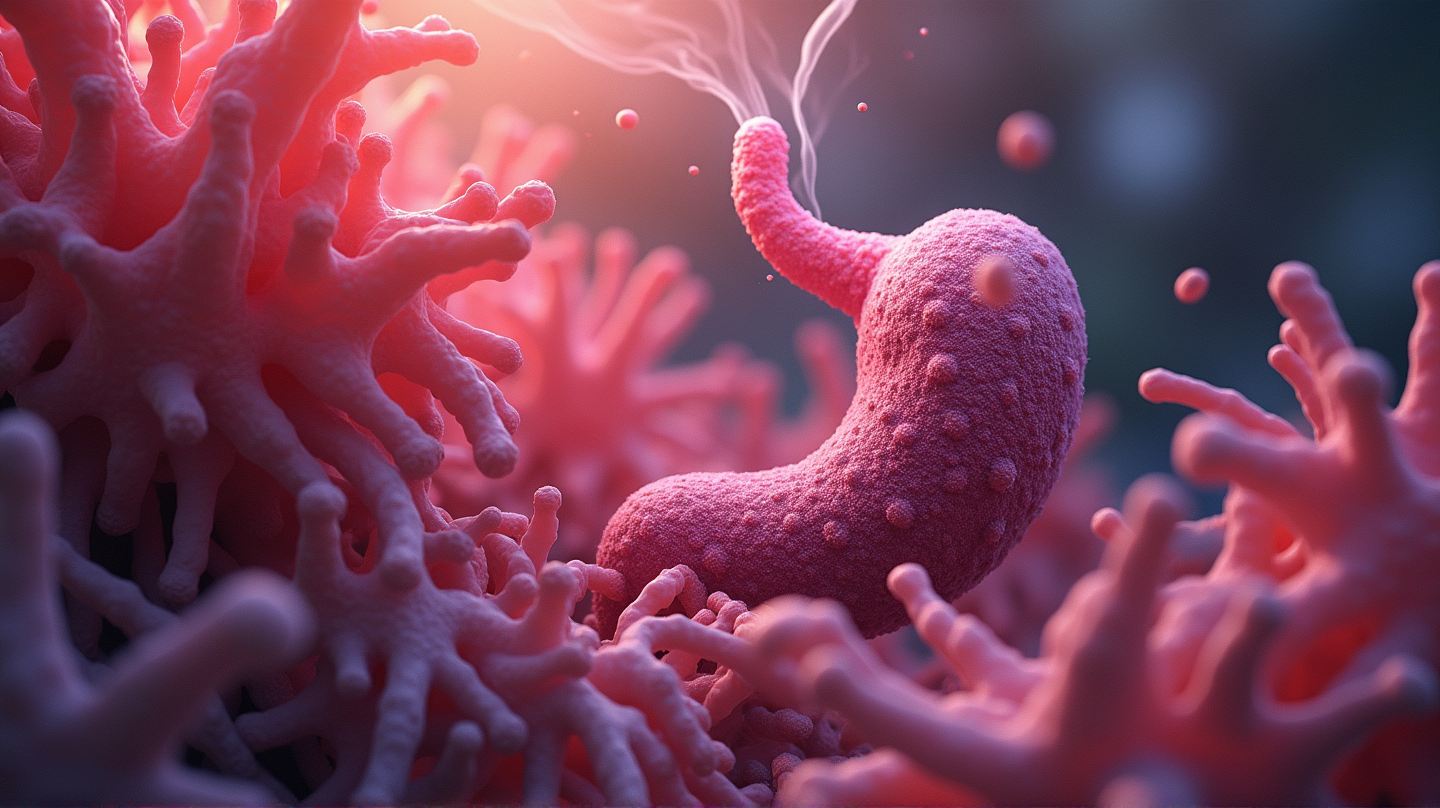Mysterious Dual Impact of Smoking
For decades, researchers have been confounded by the paradoxical role of smoking in inflammatory bowel diseases. On one hand, it exacerbates Crohn’s disease, worsening symptoms; on the other, it appears to offer protection against ulcerative colitis. According to ScienceDaily, scientists at RIKEN in Japan have uncovered an interesting twist: this peculiar situation traces back to the mouth’s bacteria making a secret journey into the gut.
A Bacterial Invasion
Led by Hiroshi Ohno, researchers found that smoking encourages specific oral bacteria, like Streptococcus mitis, to relocate into the gut, subsequently inducing a local immune response. The discovery of this process suggests an intricate relationship between gut bacteria and inflammatory responses, revealing possible pathways to alleviate colitis while avoiding the detrimental aspects of smoking.
The Laboratory Revelation
The scientists utilized both human data and experiments on mice to comprehend the impact. Notably, in the inner lining of the intestines of smokers with ulcerative colitis, mouth bacteria invaded this normally foreign territory. This phenomenon was absent in ex-smokers, highlighting a unique microbial ecology influenced by smoking. Hydroquinone—a metabolite produced during smoking—was found to promote this bacterial settlement, suggesting an avenue for simulating the protective effects of smoking without its harms.
Good Bacteria, Bad Effects?
Although Streptococcus bacteria’s presence reduced inflammation in colitis, they had an adverse effect on Crohn’s patients. Research illumination came when further experiments showed that smoking-induced bacterial colonies assist in suppressing one type of immune reaction in colitis but exacerbate the primary immune response tied to Crohn’s disease.
A Future without Smoke
Ohno’s team proposes a solution that cleverly sidesteps the aforementioned health risks. Facilitating treatment through probiotics or leveraging compounds akin to hydroquinone presents a promising alternative. These interventions can potentially provide therapeutic relief similar to the benefits from smoking—minus its numerous health disorders.
Bridging Knowledge & Application
The new insights from RIKEN could redefine how we approach colitis treatment, fostering a type of biotherapy that harnesses specific bacteria’s roles in stomach health. As these revelations develop into practical treatments, they may just pave the way for innovative solutions free from the dangerous edges of tobacco use.
